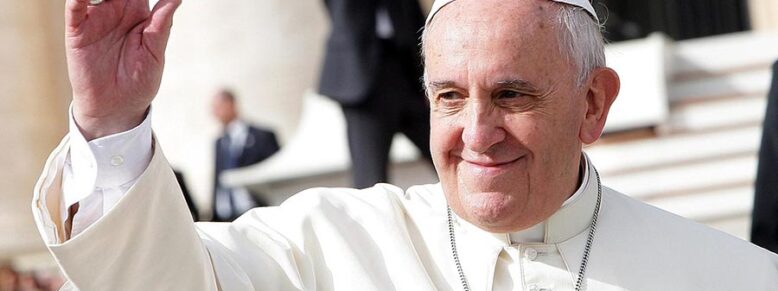At the beginning of his Pontificate, Pope Leo XIV explained that “in our own day, the Church offers to everyone the treasury of her social teaching in response to another industrial revolution and to developments in the field of artificial intelligence that pose new challenges for the defence of human dignity, justice and labour”.
Read more >>Statement to the 113th Session of the International Labour Conference











